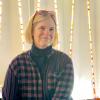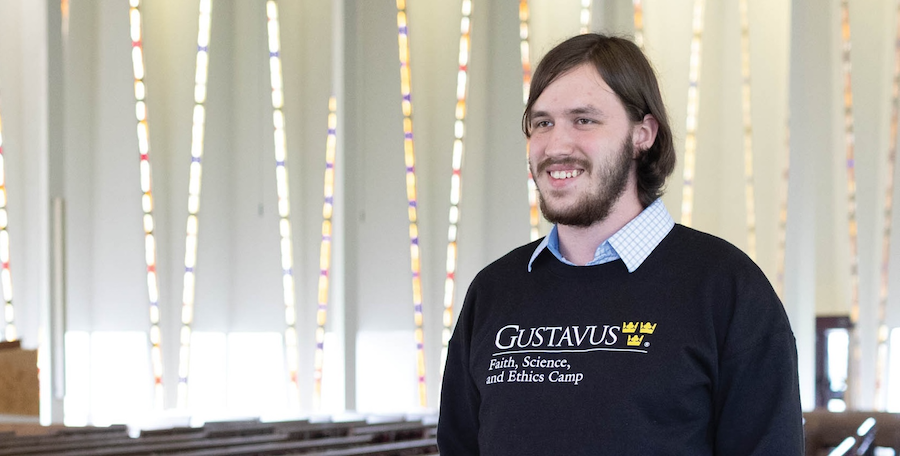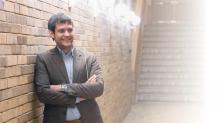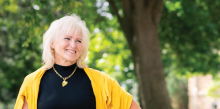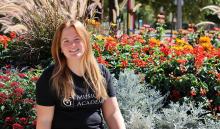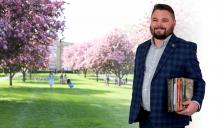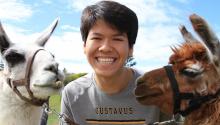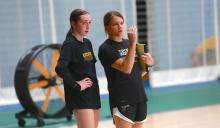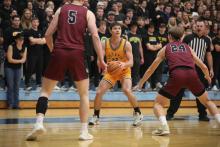He graduated in May with a double major in Psychology and Philosophy. An unlikely pairing? Tell that to the Fulbright Commission.
Polley is a Fulbright Scholar, studying at a cognitive neuroscience lab in Austria. “I’m really interested in perception and knowledge. Obviously, those connect to cognitive psychology,” he explains. “But philosophy also has a lot to say about the mind. How do we perceive the world? How do we know the things we think we know? What does ‘good evidence’ mean?”
Polley is drawn to deep questions like these, and to exploring different ways of answering them. He embraced that mindset early on. In high school, he visited the Hill for the Nobel Conference and the Gustavus Academy for Faith, Science, and Ethics. He was inspired by the way Gustavus embraced seemingly opposite disciplines. “To me, Gustavus was a place that was rooted and open,” he says. “I knew I would have friends as soon as I arrived on campus, people who were curious and rigorous.”
He found them everywhere: competing on the E-sports, Chess, and Ultimate teams; leading the Faith, Science, and Ethics Camp; shaping campus life as chair of the Student and Academic Affairs Committee. By connecting, organizing, and building at Gustavus, he found his purpose. “In the classroom, I learned how to think, how to learn. But outside the classroom—running events, bringing people together—that taught me how to make things happen in the real world.” Now, he’s ready to bring those lessons into his career, with his eyes set on a Ph.D.
In the meantime, he’s excited about the Fulbright. His team’s project explores inhibition of return—a brain process that steers your attention away from places you’ve already searched. Does it start in the eye’s neurons, or somewhere deeper in the brain? These are key questions in an area of cognitive psychology called attention studies. He is ready to ask these questions. “I got a really good liberal arts education at Gustavus, especially between the Psychology and Philosophy faculty. I learned in a very open and curious atmosphere where I could explore whatever piqued my interest and really get into it.”

